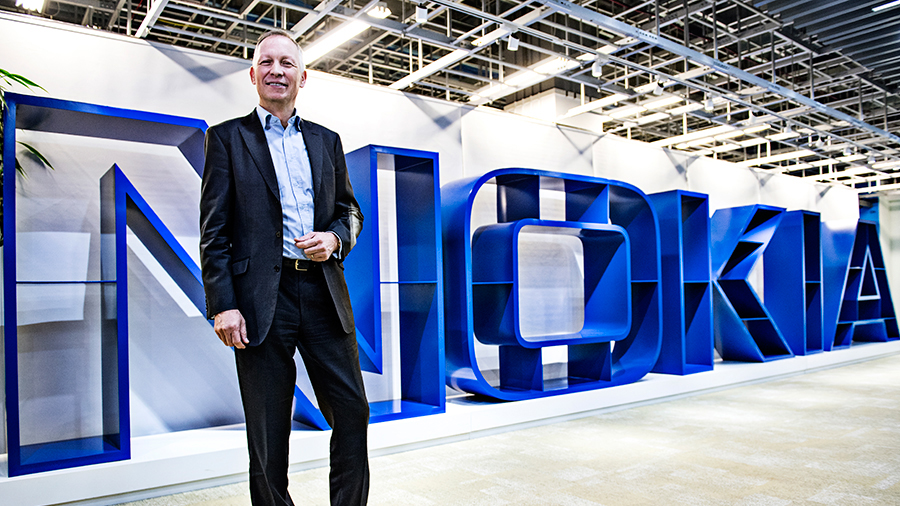Nokia Shanghai Bell CEO pens open letter following China Mobile strikeout
NSB’s CEO Markus Borchert has formally responded following the company’s failure to secure any of the latest $5.2bn China Mobile tender.

Get up to speed with 5G, and discover the latest deals, news, and insight!
You are now subscribed
Your newsletter sign-up was successful
The circumstances in which Nokia Shanghai Bell (NSB) failed to secure any part of China Mobile’s recent $5.2bn tender seem to be changing on a daily basis, with NSB refuting the validity of an anonymous open letter, whilst releasing its own response from CEO Markus Borchert.
Earlier this week China Mobile announced the results of its latest round of contract negotiations for the manufacture of 230,000 5G base stations, with $4.6bn of an estimated $5.2bn going to Chinese companies, most notably Huawei (57%) and ZTE (29%).
Ericsson walked away with 11.5% of the contracts, whilst Nokia – which previously secured around 6% of business in China Mobile’s first phase of its 5G roll out – got nothing.
Letter sent to China Unicom
"I urge leaders of China Unicom to take more consideration of the historical service performance of various vendors when formulating the bidding plan, to avoid low-cost and low-energy vendors gaining a large share."
Anonymous letter.
The original letter was sent to China Unicom, another Chinese telecoms company which Nokia was hoping to secure business from, and it outlined how a focus on low costs – clearly an area where Nokia fell down in its China Mobile bid – would be counter-productive.
"I urge leaders of China Unicom to take more consideration of the historical service performance of various vendors when formulating the bidding plan, to avoid low-cost and low-energy vendors gaining a large share, which will affect the long-term development of China Unicom's 5G business," the letter read.
However, in a follow up letter, NSB CEO Markus Borchert said that this letter did not reflect the views of NSB.
““We hereby solemnly declare that the letter ‘Nokia Bell from Shanghai to China Unicom on March 31’ circulating online recently does not represent our position and attitude,” Borchert said.
Get up to speed with 5G, and discover the latest deals, news, and insight!
On the decision by China Mobile to work exclusively with Ericsson outside of China, Borchert said: “We accept and respect China Mobile ’s decision. We need to emphasize that we will continue to serve China Mobile unswervingly. China Mobile ’s strategy as one of our most important partners remains unchanged.”
The bidding process appears to sit at the heart of any ongoing friction between NSB and China Mobile, but the fact that Ericsson was able to secure over 10% of the $5.2bn tender shows that companies outside of China are still able to compete, but that they need to remain realistic about price.
“The outcome is a reflection of the market reality as much as it is of the political reality,” explained Hosuk Lee-Makiyama, director of the European Centre for International Political Economy, in an interview with the FT.
- Discover the best 5G networks in the UK and US
- Get your hands on the hottest 5G phones
- Millimeter wave: the secret sauce behind 5G
- The complete guide to 5G security
- We reveal the latest 5G use cases
- Discover the truth behind 5G dangers
- 5G towers: everything you need to know

Dan is a British journalist with 20 years of experience in the design and tech sectors, producing content for the likes of Microsoft, Adobe, Dell and The Sunday Times. In 2012 he helped launch the world's number one design blog, Creative Bloq. Dan is now editor-in-chief at 5Gradar, where he oversees news, insight and reviews, providing an invaluable resource for anyone looking to stay up-to-date with the key issues facing 5G.

